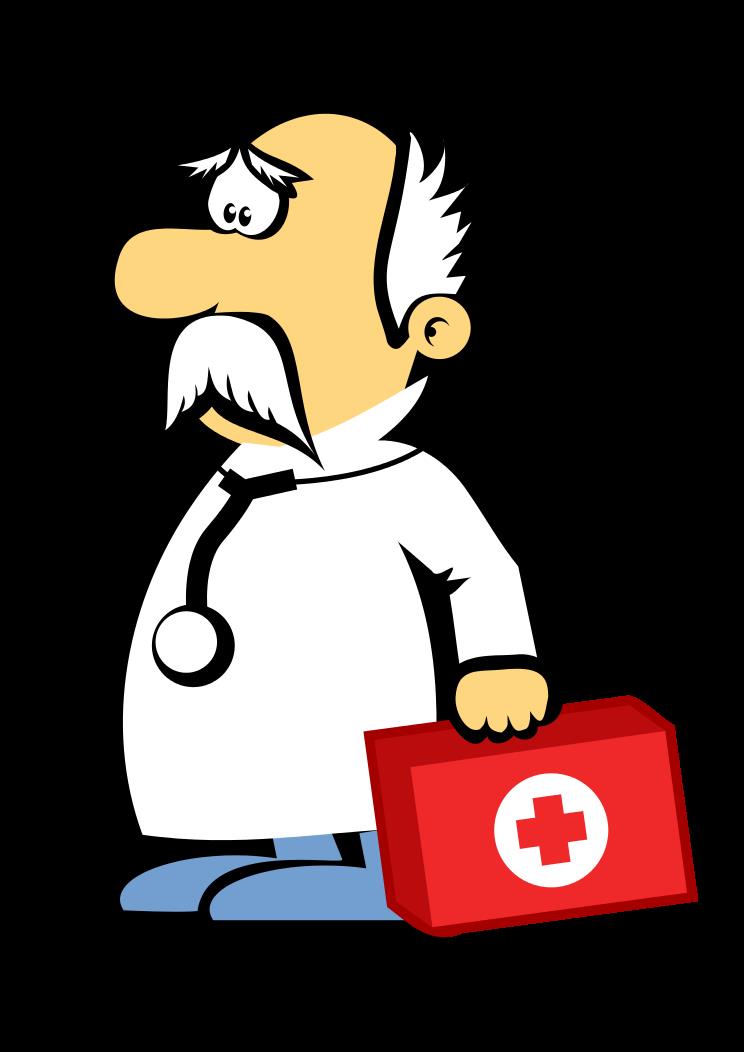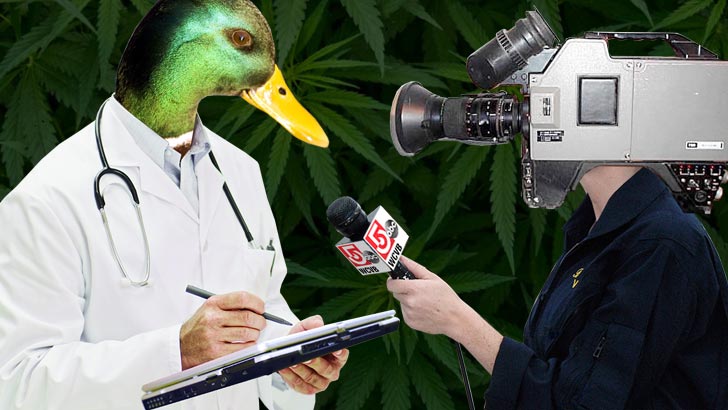Tag: naturopathy
Legislative Alchemy: The New Year
A new year brings new opportunities for practicing the magic of legislative alchemy, the process by which state legislatures transform implausible and unproven diagnostic methods and treatments into perfectly legal health care practices, such as naturopathy, chiropractic and acupuncture. Different states have different legislative calendars, but many begin a new session soon after the first of the year. This gives “complementary and...

Defining what a “physician” is
It takes more than a stethoscope and a white coat to be a physician. A generous dose of reality and a lot of training are also required.
Gullible George: A monkey goes to the naturopath
I get the occasional email. Very little hate mail, unfortunately, since hate mail is often more amusing. I read what little email I receive, and usually do not respond, mostly as I do not have the time. I am a slow writer and a slower typist, and there are just so many hours in the day, and the older you get, the...
Legislative Alchemy I: Naturopathy
Via the magic of “legislative alchemy,” state legislatures transform implausible and unproven diagnostic methods and treatments into perfectly legal health care practices.[1] Without the benefit of legislative alchemy, chiropractors, naturopaths, homeopaths, acupuncturists and other assorted putative healers would be vulnerable to charges of practicing medicine without a license and consumer fraud. Thus, they must seek either their own licensing system or exemption...
Dummy Medicines, Dummy Doctors, and a Dummy Degree, Part 1: a Curious Editorial Choice for the New England Journal of Medicine
Background This post concerns the recent article in the New England Journal of Medicine (NEJM) titled “Active Albuterol or Placebo, Sham Acupuncture, or No Intervention in Asthma.” It was ably reviewed by Dr. Gorski on Monday, so I will merely summarize its findings: of the three interventions used—inhaled albuterol (a bronchodilator), a placebo inhaler designed to mimic albuterol, or ‘sham acupuncture’—only albuterol...
Update on Josephine Briggs and the NCCAM
Dr. Gorski is in the throes of grant-writing, so I’m filling in for him today by following up on a topic introduced a few months ago. It involves a key medical player in the U.S. government: Dr. Josephine Briggs, Director of the National Center for Complementary and Alternative Medicine (NCCAM). Background Steve Novella and I first encountered Dr. Briggs at the 2nd...
The ultimate in “integrative medicine,” continued
It’s been a recurring theme on this blog to discuss and dissect the infiltration of quackademic medicine into our medical schools. Whether it be called “complementary and alternative medicine” (CAM) or “integrative medicine” (IM), its infiltration into various academic medical centers has been one of the more alarming developments I’ve noted over the last several years. The reason is that “integrative” medicine...
Smallpox and Pseudomedicine
A good case of smallpox may rid the system of more scrofulous, tubercular, syphilitic and other poisons than could otherwise be eliminated in a lifetime. Therefore, smallpox is certainly to be preferred to vaccination. The one means elimination of chronic disease, the other the making of it. Naturopaths do not believe in artificial immunization . . . —Harry Riley Spitler, Basic Naturopathy:...

Naturopathy and science
Naturopathy has been a recurrent topic on this blog. The reasons should be obvious. Although homeopathy is the one woo to rule them all in the U.K. and much of Europe, here in the U.S. homeopathy is not nearly as big a deal. Arguably, some flavor of naturopathy is the second most prevalent “alternative medical system” here, after chiropractic of course, and...

The NCCAM Strategic Plan 2011-2015: The Good, The Bad, and The Ugly
The NCCAM has a new strategic plan that involves funding good science on meaningful topics, which is good. But it's still talking about nonsense like reiki, which is bad, and mixing it with real, scientifically proven treatments, which is ugly.

